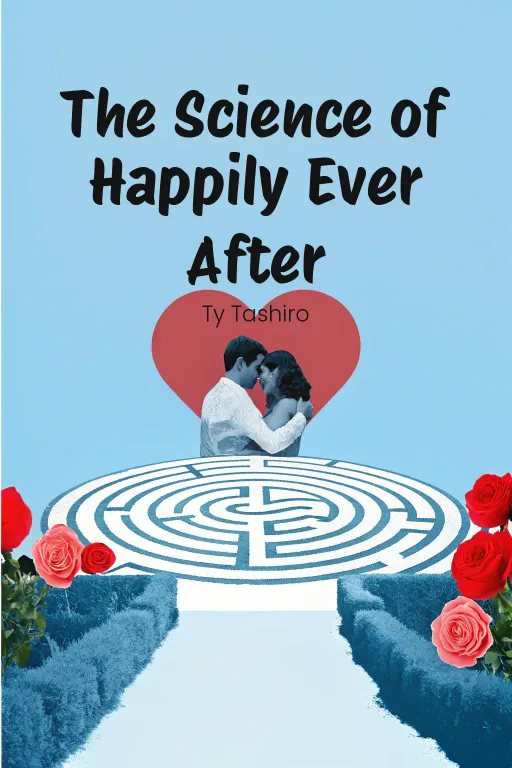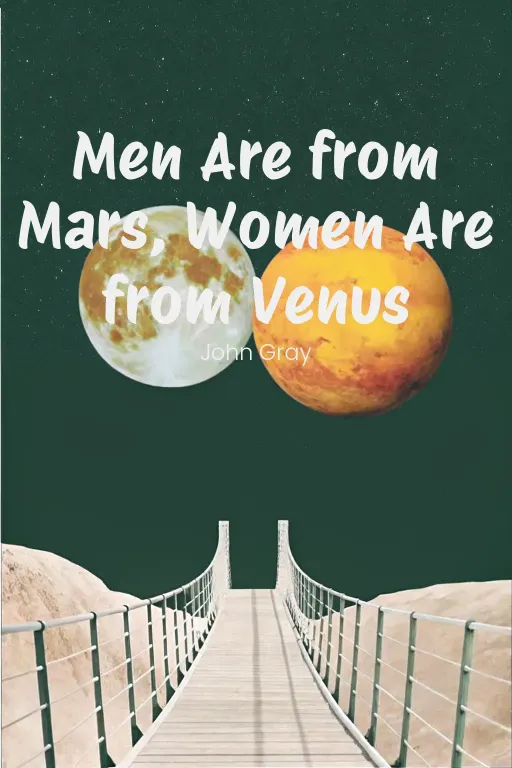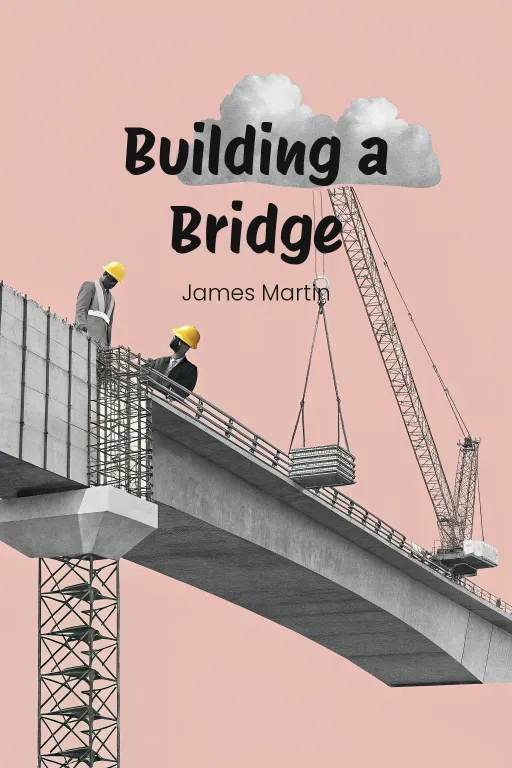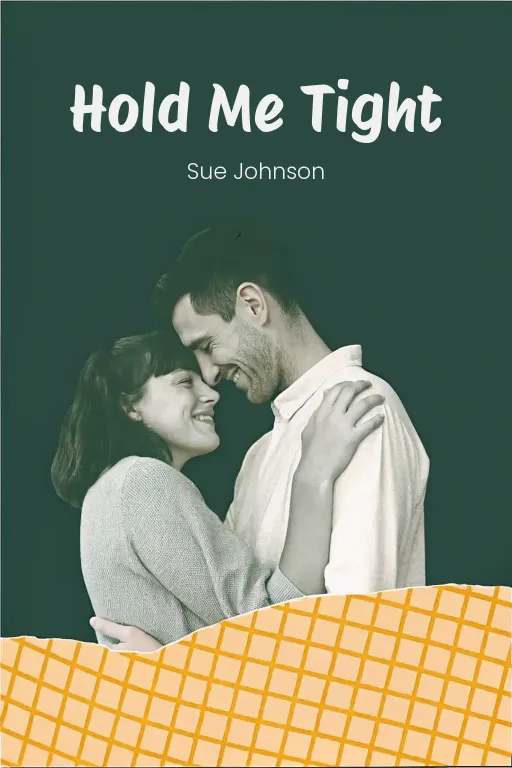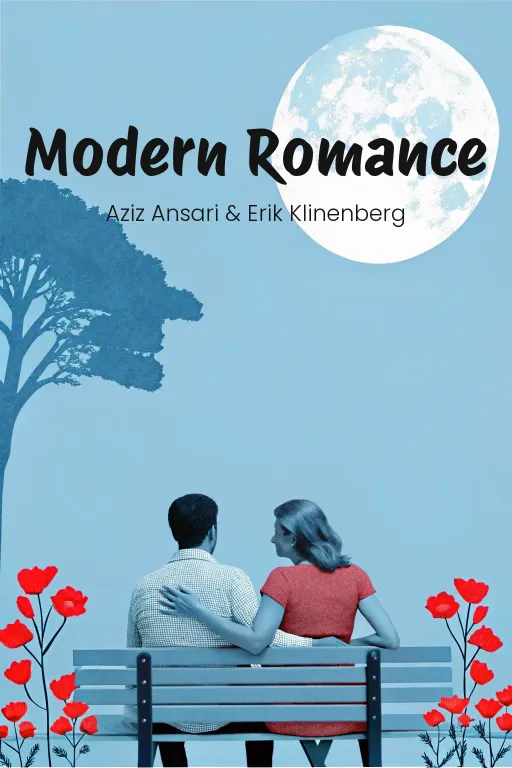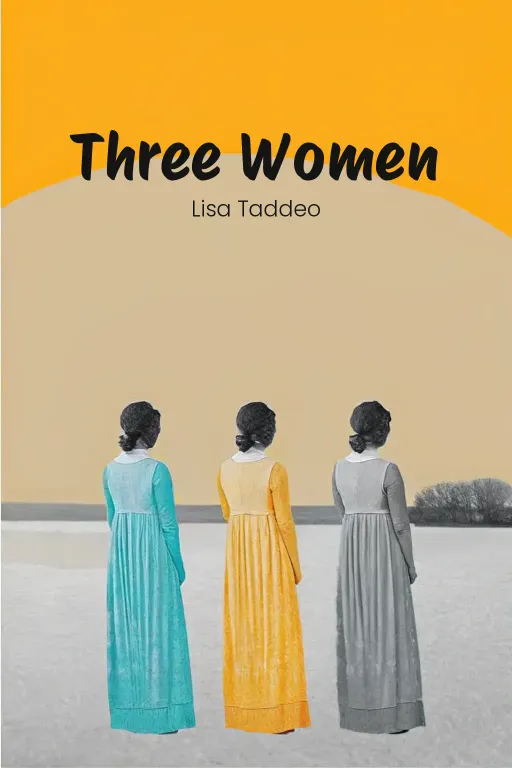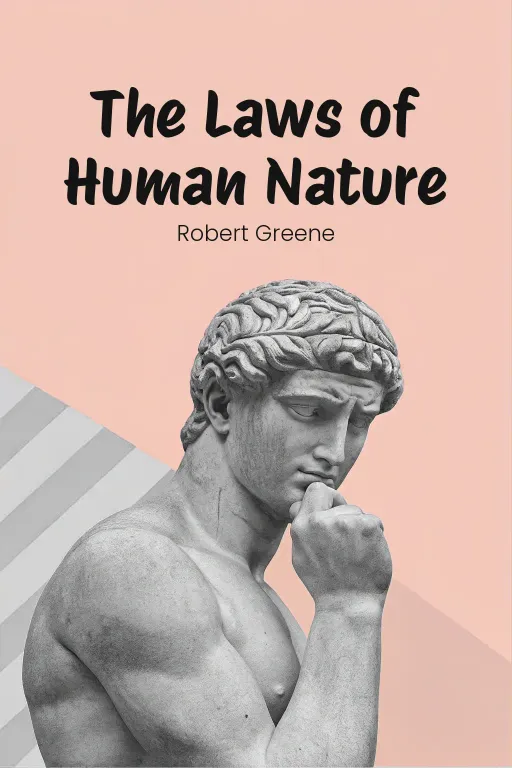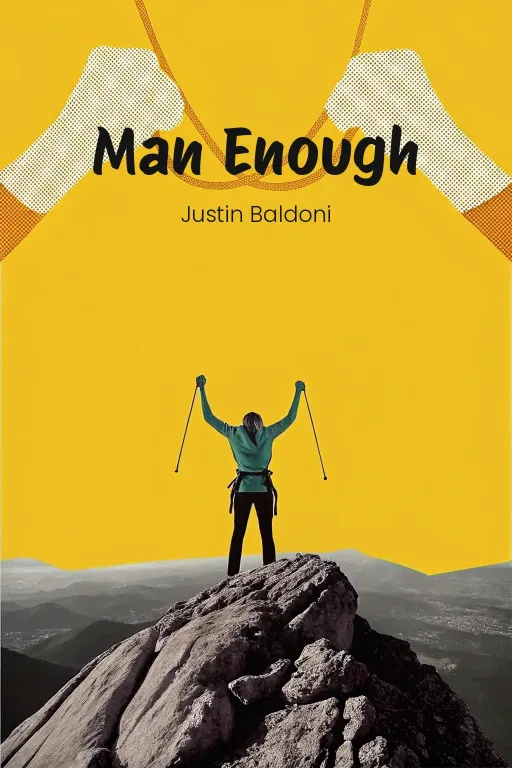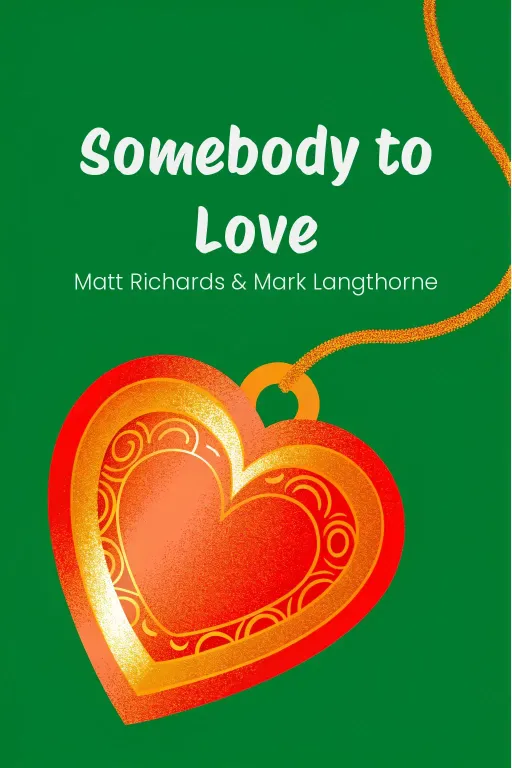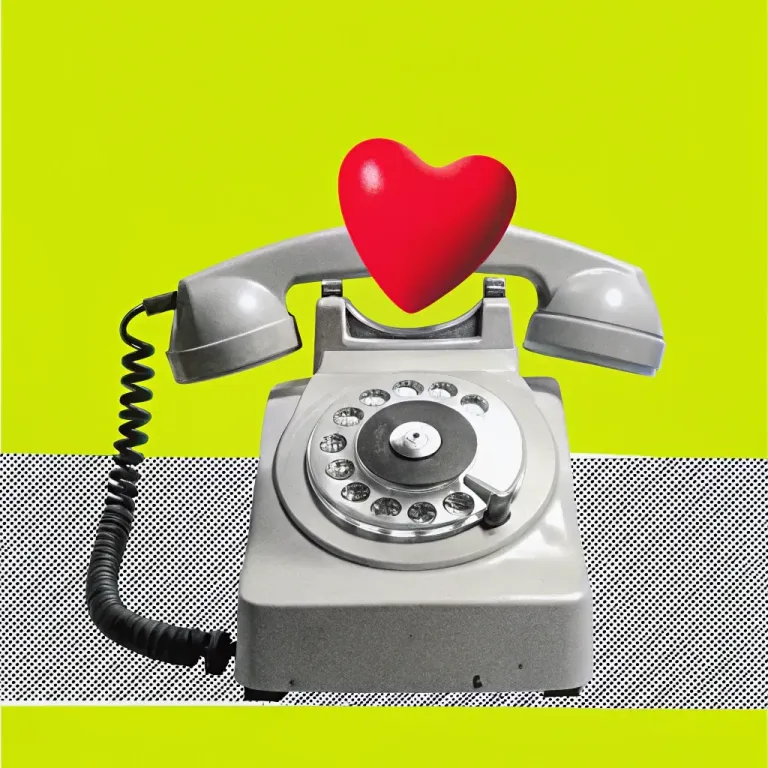
Love in the App Age: Are We Really Connecting?
Podcast by The Mindful Minute with Autumn and Rachel
Texting, sexting and more: How Aziz Ansari sees love in the 21st century
Introduction
Part 1
Autumn: Hey everyone, welcome! Today, we're diving deep into the confusing, fascinating, and sometimes frustrating world of modern romance. Rachel: Or, as I like to call it, "Is swiping right slowly destroying us? Or kinda helping? Jury's still out." Autumn: <Laughs> Putting Rachel’s cynicism aside for a moment, think about this: How much has your phone impacted your love life, really? From dating apps to misinterpreted texts and endless scrolling trying to find “the one,” tech has totally changed the game. Rachel: And let's be honest, not always for the best, right? Ghosting, breadcrumbing, zombie-ing... Did romance always sound like a horror movie plot? Autumn: Exactly! That's what Aziz Ansari and Eric Klinenberg explore in their book, “Modern Romance”. It's not just a bunch of funny dating stories – though there are plenty to keep you entertained. It’s a really thoughtful examination of how smartphones, online dating, and evolving social norms have transformed love and connection in ways that are both thrilling and, well, a bit overwhelming. Rachel: Right, because before we used to wonder if someone liked us. Now, we’re wondering if their profile picture isn’t 10 years old or heavily filtered. Autumn: The book is based on research from all over the world as well as some fascinating cultural comparisons to explore these changes. It emphasizes that while tech offers tons of options, real love still comes down to human connection. Rachel: So, today, we’re going to focus on three themes. First, how dating went digital and what this shift means for relationships. Second, how having to many options might make us less satisfied. Spoiler alert: it’s like staring at a buffet then losing your appetite!. Autumn: And third, we'll take a look at some surprising cultural views on love. For example, how dating apps function in Japan versus the “chamuyo” flirting culture in Argentina. Rachel: So, if you've ever felt like finding love feels easier and harder than ever, this is the episode for you. Let’s get into it.
The Evolution of Modern Romance
Part 2
Autumn: Okay, let's dive right in. One of the most fundamental ways modern romance differs from the old days is how we find each other. Aziz Ansari talks about this shift from "proximity-based" to "possibility-based" connections. Rachel: Exactly. It used to be, you basically had the options right in front of you, limited to your immediate surroundings. Your parents probably knew the eligible folks in a fifty-mile radius. If the neighbor's cousin had a kid who wasn't a complete nightmare, well, that was probably your future spouse! Autumn: Right! Ansari recounts this story from a retirement community in New York. Most of the couples met through family or just living nearby. Marriage wasn't just about love; it was “really” practical. You needed someone to help run the household, raise a family, and meet social expectations. Rachel: Practical, sure. But it sounds incredibly… claustrophobic, doesn't it? I mean, one of the ladies even said she felt trapped, like she missed out on exploring life before settling down. Can you imagine telling someone that today? Autumn: No way. Society's flipped. Now, there's this whole expectation to "find yourself" before you think about a partner. It’s reflected in the age of first marriages being pushed back to our late 20s! And technology has blown those old geographic limitations completely out of the water. You literally have the entire world as your potential dating pool. Rachel: Ah, yes, technology. It’s always a double-edged sword, isn’t it? You get a global smorgasbord of potential partners... but I imagine that comes with its own unique set of headaches. Autumn: Absolutely, which leads us perfectly into the digital revolution! And online dating wasn't always the Tinder-verse we know today. Back in 1995, Match.com was revolutionary. For the first time, you could actively search for someone with similar interests, with compatible values. Rachel: True, but even though the stigma around online dating has vanished, it feels like these apps encourage some bizarre behaviors. Like Tinder. Turning the search for a life partner into a split-second judgment, based on a profile pic and a witty bio. It's like dating via Instagram highlight reels. Autumn: It “really” is. And this overwhelming amount of choices—what they call "choice overload"—actually leads to dissatisfaction. Ansari himself talked about this frustration and that rings true, I think. When you’re bombarded with options, you’re constantly second-guessing, always wondering if something better is just around the corner. Rachel: It's kind of ironic. On paper, more choices sound amazing, right? But in reality, you become paralyzed. It’s like standing in front of a wall of cereal, overwhelmed, and then just grabbing the same old box of Cornflakes. Autumn: Or worse, regretting not trying the Apple Cinnamon Cheerios! And this ties into a bigger cultural shift: the rise of individualism. Nowadays, people place more importance on compatibility and emotional connection than ever before. It’s this whole quest for the elusive "soulmate." Rachel: And that, ironically, is where things get sticky. Because everyone's so focused on finding "the one"—that perfect soulmate checklist—that they overlook perfectly great people who might not tick every single box. Autumn: Or they avoid committing altogether, constantly thinking, "What if there's someone even better out there?" This soulmate ideal brings all kinds of new pressure that our grandparents didn't have to deal with. They weren't obsessing over profile pics and swiping through hundreds of faces! Rachel: All of which brings us to communication. How drastically different is that? I mean, texting! It’s mind-boggling sometimes how simply trying to make plans can tank an entire romantic connection. Remember Chelsea and Nick exchanging something like 20 messages just to set up brunch and still not meeting? It's absurd. Autumn: Such a perfect example of modern miscommunication. Texting, despite its convenience, is often left open to interpretation—or misinterpretation. A phone call, back in the day, might have been nerve-wracking, but it forced clarity. Now, ghosting, breadcrumbing, or just letting things fizzle out is so easy without any face-to-face accountability. Rachel: And then there’s social media: the ultimate relationship minefield! Everyone curates their online persona. Ansari talks about this guy who would dismiss potential dates based on a single tweet he didn’t like. Autumn: And that's the challenge of digital footprints because it creates potentially unfair judgment points even before getting to know someone. It’s constructing a personality from puzzle pieces that probably don’t even fit. Rachel: Which is where the book makes its most important point, I think: Tech can only take you so far. You can have all the matches in the world, the most stunning Instagram feed ever, but if you don’t put in the work to create real, emotional bonds, none of it matters. Autumn: Precisely. Ultimately, Ansari stresses the importance of balance. Dating apps and texting can be tools to open doors, but building something meaningful requires vulnerability, patience, and human interaction. Rachel: Right, so swipe cautiously, text mindfully, and don't judge someone by their food pics. So, what do we have next on the menu?
Psychological Impacts of Choice and Technology
Part 3
Autumn: So, understanding all these shifts really sets the stage for diving into the psychological and emotional challenges they bring, right? Let's jump into the heart of it—how do all these choices and digital tools actually affect our emotions, our behaviors, and ultimately, our ability to connect with someone? Rachel: Exactly, because who doesn’t love a little existential dread with their dating app of choice? I mean, theoretically, all these options should make us happier, shouldn't they? But it seems like they just bring a whole new level of dissatisfaction to the table. So, Autumn, let’s start with this “paradox of choice” thing. Why doesn't having more options always lead to better outcomes? Autumn: Right, that's one of the most fascinating points, really. And it comes from some solid psychology research, like that famous “jam study.” Basically, they found that when shoppers were presented with like, 24 different jam flavors, they were much less likely to actually buy any jam compared to when they only had six options. So the more choice, the less likely to commit. Rachel: So basically, modern dating is like wandering through an endless jam aisle, except the price you pay is an existential crisis, huh? Makes perfect sense. Autumn: Exactly! So, apply that to dating apps like Tinder, where you've got this never-ending stream of potential matches. People start to experience what researchers call “choice overload.” Instead of feeling grateful for all the options, people often feel paralyzed, or they constantly wonder, “What if there’s someone even better out there?” And that creates this perpetual dissatisfaction. They can't really invest in any one person. Rachel: And it's not just the apps themselves, either. I remember this example about someone constantly glancing at their phone during a date, distracted by the idea of other matches waiting online. It’s like having a “plan B” whispering in your ear the whole time! Makes you wonder, how much of modern dating is about genuine connection, and how much is just... consumer behavior? Autumn: That’s a really good question, Rachel. And the difference between dating in a big city versus a small town really highlights this. In cities like New York or LA, where you've got what feels like an unlimited number of singles, people often report feeling lonelier, even though they have all those options. Compare that to a rural town, where the dating pool is smaller. That can create a sense of urgency, or even pressure, to settle down quickly before your options disappear. Rachel: Right, so in small towns, it’s like speed-dating against the clock. In cities, it's buffet paralysis. Either way, the emotional toll is real. Speaking of emotions, let's talk about how technology itself can complicate connections. Texting, specifically, has completely changed the way we communicate... or miscommunicate. Got an example? Autumn: Oh, absolutely. Remember that story about Chelsea and Nick trying to plan brunch? Over an hour and twenty text messages, and they still couldn’t manage to finalize a simple get-together! It really highlights a problem with texting—it’s convenient, sure, but it's also so ambiguous. Instead of clear intent, you end up with these vague interactions that can easily fizzle out. Rachel: Yeah, because why call someone directly when you can exchange 50 “Hey, what's up?” texts over five days? Truly, the pinnacle of modern love. Autumn: <Laughs> It's a huge contrast to the days before all this, when asking someone out required some boldness, whether it was face-to-face or at least on the phone. Texting's casual nature has its perks, but it can also foster flakiness and emotional distance. People feel more comfortable ghosting or breadcrumbing because, well, it’s just easier than actually dealing with vulnerability. Rachel: Vulnerability... that reminds me of social media. There was an example of that guy who rejected a date based on one unflattering Instagram post. Do you ever feel like dating today involves a complete forensic analysis of someone's entire digital footprint before you even meet them? Autumn: Constantly. Social media gives you this curated little window into someone's life, but it often leads to these impulsive judgments. It’s harder to build real intimacy when you're prematurely dismissing people based on some trivial online impression. It's pretty profound when you consider how much potential we miss out on by prioritizing these digital ideals over real-world connections. Rachel: And just when you think it couldn't get messier, enter “digital snooping.” That story of the boyfriend suspiciously eyeing a late-night text from his partner's ex—it’s a perfect example of how phones have blurred the lines of trust and privacy in relationships. Autumn: Snooping's become so normalized, hasn't it? For some, it's a way to seek reassurance, for others, it's born out of paranoia. But either way, it’s a double-edged sword that often does more harm than good. The erosion of trust that follows can really damage even the strongest relationships. Rachel: And let's not forget platforms like Ashley Madison, right? I mean, their whole deal is basically encouraging betrayal. When cheating becomes as easy as signing up for an app, it forces us to rethink what fidelity even “means” in this digital age. Autumn: Exactly. Technology might not create these behaviors on its own, but it definitely lowers the barriers to acting on them. And that's a recurring theme in modern romance: digital tools can make connections easier, but they also amplify anxieties and create ethical dilemmas in completely new ways. Rachel: Then there’s the final piece of this psychological puzzle—breakups. It's fascinating, in a grim kind of way, how technology has changed the way relationships end, often stripping away all the empathy in the process. Autumn: Oh, yeah. Remember that example where the woman found out her relationship was over because her boyfriend changed his Facebook status to single? That lack of personal contact leaves such a deeper wound. And platforms like Instagram or Facebook can prolong the pain by keeping ex-partners digitally present, leading to obsessive behavior like stalking profiles or photoshopping them out of pictures. Rachel: That’s a pretty bleak, but perfect, way to sum up why tech isn’t always our friend when it comes to love. At its best, it connects us. But at its worst, it entangles us in these complex emotional knots we might never have faced otherwise. Autumn: Exactly! And the key, as Ansari emphasizes, is finding a balance. Technology has completely transformed modern dating, but building meaningful relationships still takes the same old things: effort, vulnerability, and a genuine desire to connect.
Global and Cultural Perspectives on Love
Part 4
Autumn: So, naturally, all these challenges lead us to wonder how people, and societies as a whole, are adapting to these new norms. Which brings us to one of the most interesting parts of “Modern Romance”—the global and cultural perspectives on love. Aziz Ansari and Eric Klinenberg really broaden the scope here, comparing different cultural approaches to dating and showing just how much romance is shaped by societal values and traditions. Rachel: Right, this part of the book is like walking into a global buffet of relationship styles—a buffet where every dish tells you something unique about human connection. You've got Japan's "herbivore men" on one side and Argentina's fiery charm on the other. Should we dive in? Autumn: Let's start in Japan, where the whole romantic scene has really shifted. You may have heard the term "herbivore men"—or sōshoku danshi. It describes a generation of young men who are just shying away from traditional dating, preferring platonic friendships or even no relationships at all. Rachel: Herbivore as in… grazing, but never really committing to the main course of a relationship? Autumn: Pretty much. The term reflects a broader societal trend, a move away from aggressive or traditional masculinity. These guys prioritize their independence and avoid the potential pitfalls of emotional relationships. Some surveys show that up to 60% of men in their twenties and thirties identify as herbivores—which is huge when you consider how central relationships and marriage once were in Japanese culture. Rachel: Wait a minute—60%? That's like an entire generation taking a dating sabbatical. What’s behind this mass exodus? Autumn: It’s really a mix of things. The economic situation in Japan has put so much pressure on young men, who are traditionally expected to be the breadwinners. With job security becoming less and less common, many feel they can’t live up to these expectations, so they don’t even try. Plus, there's also the strong maternal influence during their upbringing, which some experts think has discouraged assertive behavior. Rachel: So, in other words, systemic pressure and cultural norms are pushing young men to choose stability and solitude over courtship, huh? It sounds both logical, and well, heartbreakingly lonely. Autumn: Exactly, and it’s not just men. On the flip side, we have the rise of "carnivorous women" or nikushoku joshi. These women are stepping up and taking a more proactive role in dating, which kind of challenges traditional gender roles. Some of these women, frustrated by men’s reluctance to take the lead, are now asking men out, and leading the relationships. It’s a big shift. But it's complicated and it's not exactly solving Japan’s relationship troubles. Rachel: I mean, it must be hard to make things work when one side isn’t meeting the other halfway. How is this dynamic playing out in real life? Can you give me some examples? Autumn: Sure. Take Akira, for example, a Tokyo office worker who says his demanding job leaves him so drained he just doesn’t have the time or energy for dating. Then you have Yuka, a young professional, who says she's frustrated by how indecisive these men seem to be about relationships. You can feel the frustration on both sides. Akira represents the exhaustion and anxiety that herbivore men feel, and Yuka is the woman who's now stepping into roles traditionally held by men. Rachel: And let me guess—this impasse has broader ripple effects, right? Lower birth rates, marriage rates plummeting…I’m guessing Japan might not be able to fix this just with government-sponsored matchmaking events. Autumn: You're spot on. Surveys show that nearly 45% of young women, and a significant number of men, have little to no interest in romantic or sexual relationships. The government has tried everything from speed-dating events to dating apps, but the results are mixed. Japan has become a fascinating case study of how economic, social, and cultural forces can come together and redefine love and connection. Rachel: From disconnection to the opposite extreme—let's hop on a hypothetical flight to Buenos Aires. Autumn: Oh, the contrast couldn't be more stark. In Argentina, relationships are often charged with passion and intensity. Men are particularly known for their chamuyo—a smooth and poetic style of flirting. It's not just about getting someone’s attention; it's practically a cultural art form meant to charm and captivate. Rachel: So, this chamuyo is like verbal jazz, a mix of improvisation and rhythm designed to sweep you off your feet. I'll admit, it sounds kind of exhilarating. Autumn: It can be, but it's a double-edged sword. While many people enjoy the lively pursuit dynamic, others find it exhausting or even a bit intrusive. Take the phrase "no means try harder," which is a sort of unofficial mantra in Argentine courtship. On one hand, it reflects persistence and passion, but it also raises concerns about respecting boundaries. Rachel: Yeah, that enthusiasm can easily cross a line into uncomfortable territory. I remember the example in the book—Mariana, who got so fed up with a guy who kept texting her relentlessly, it just went from flattering to downright overwhelming. Autumn: Mariana's story is telling. Many Argentine women express frustration with the frequency, and sometimes intensity, of men’s advances. It really highlights the tension, that fine line between romantic persistence and mutual respect. And while the culture emphasizes vibrant connection, these dynamics do complicate consent and emotional safety. Rachel: What about dating apps—where do they fit into this passionate tango? Autumn: Interestingly, app usage in Argentina is lower compared to other countries. The culture really values spontaneous, face-to-face interactions in relationships, which apps just can't replicate. Texting, however, does plays a significant role after the initial introduction. It's how people keep the flirtation going and build a connection. But the habit of juggling multiple conversations at once tends to stir up jealousy and adds complications to new relationships. Rachel: So, love triangles still exist—even without algorithms. Fascinating. What really ties this all together for me is how deeply rooted these behaviors are in cultural values. In Japan, economic pressure and shifting gender roles seem to suppress the drive for romance. While in Argentina, intense passion can sometimes overshadow the boundaries that make relationships healthy. Autumn: Exactly. These different approaches highlight a universal truth: Romantic ideals don’t exist in a bubble. They’re shaped by economic factors, societal expectations, and cultural norms. But underneath all that, the longing for connection is a pretty shared human experience. Rachel: It’s like two sides of the same coin. One country is struggling with a lack of romantic pursuit, the other is dealing with maybe a little too much of it. Overall, it comes back to the challenge of balancing societal expectations with individual needs. Autumn: And that’s what makes these cultural studies so important. They challenge us to think about our own romantic norms, whether we're in Tokyo, Buenos Aires, or anywhere else. The search for love might look different around the world, but the basic human desire to connect on a deeper level is pretty universal.
Conclusion
Part 5
Autumn: So, today we’ve really dug into some fascinating aspects of modern romance, right? From how we used to find love based on who lived nearby, to now, this overwhelming world of endless possibilities. We've seen how technology has, you know, opened up so many doors but also kind of created these new challenges, like, are we just overloaded with choices? And is our communication getting too shallow? Rachel: Yeah, and it's wild to see how different cultures handle all this. Like, you've got the “herbivore men” in Japan, and then you've got the chamuyo guys in Argentina, totally different approaches to love. It's kind of crazy, isn't it? But despite all these different norms, what I find interesting is that everyone's still searching for that same basic human connection. Autumn: Exactly! And if there's one thing I took away from Modern Romance, it's that even though technology can help us meet people and even change the game, the core of building relationships is still the same. It still takes being vulnerable, putting in the effort, and giving it time, you know? Rachel: So, maybe it's worth putting down your phone for a minute. Whether you're swiping left and right, texting, or arguing about someone's avocado toast photo, just ask yourself: am I actually trying to build something real here, or am I just chasing after whatever seems easiest at the moment? Autumn: That’s “really” the challenge, and the opportunity, of modern romance. Use the tools, sure, but don’t let them distract you from what really matters: the actual human connection, the real work of showing love. Rachel: Right. Okay so, let's leave everyone with a little food for thought: What if you approached your love life with intention, rather than just convenience? I mean, really think about it.
